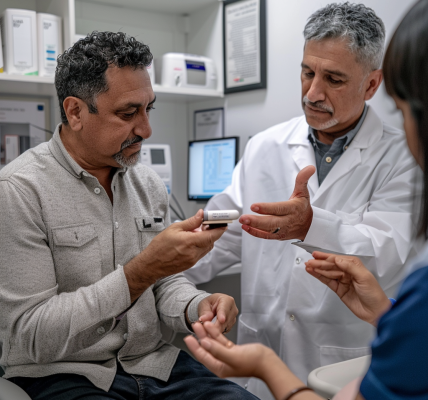Global Health Alert: Marburg and Other Viruses on the Rise
Health officials worldwide have issued a critical alert regarding the alarming spread of several deadly viruses, including the Marburg virus, Mpox, and Oropouche. These diseases have been reported across 17 countries, raising significant health concerns among travelers and health agencies alike.
The Marburg virus, often referred to as the “bleeding eyes” virus due to its severe symptoms, has already claimed the lives of 15 individuals in Rwanda, with hundreds more suspected to be infected. This virus is notorious for its high fatality rate, which can reach up to 50%. As the situation develops, there are fears that Marburg could further spread throughout Africa, complicating existing health crises in the region.
In addition to Marburg, Mpox has been reported in seven African nations, including notable cases in Kenya and Uganda. Mpox is characterized by painful rashes and flu-like symptoms, making it another concern for public health officials.
Furthermore, the Oropouche virus, primarily transmitted through bites from midges, has affected over 10,000 individuals in South America and the Caribbean just this year. Symptoms of Oropouche include joint pain and rashes, adding to the list of challenges faced by healthcare systems in affected areas.
Common symptoms shared by all three viruses include fever and body aches. However, each virus presents unique and severe complications: Marburg can lead to extreme bleeding, Mpox results in painful skin lesions, and Oropouche causes debilitating joint pain.
In light of these developments, health authorities are urging travelers to remain vigilant. Precautionary measures are recommended to avoid exposure to these viruses, particularly for those traveling to regions where outbreaks have been reported.
Public health experts emphasize the importance of staying informed about the symptoms and transmission methods of these viruses. Travelers are advised to monitor their health closely and seek medical attention if they experience any symptoms associated with these diseases.
As the global community grapples with these emerging health threats, the focus remains on containment and prevention strategies. Health organizations are mobilizing resources to address the outbreaks and provide necessary support to affected regions.
In addition to Marburg, Mpox, and Oropouche, health officials are also monitoring other viral outbreaks that could pose risks to public health. The interconnected nature of today’s world means that vigilance and rapid response are crucial in mitigating the spread of infectious diseases.
As the situation evolves, health authorities will continue to provide updates and guidelines for travelers and the general public. Staying informed and taking appropriate precautions can help reduce the risk of infection and protect communities from these serious health threats.





